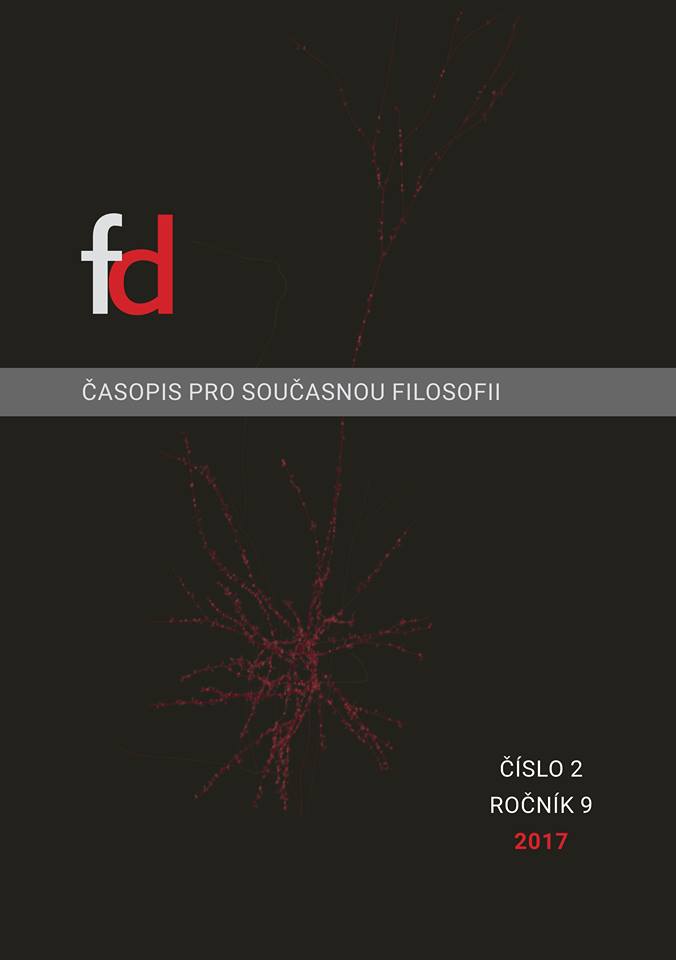Replies to My Friends
DOI:
https://doi.org/10.26806/fd.v9i2.265Abstract
This is an answer to the critics of my book What It’s Like, or What It’s About? The Place of Consciousness in the Material World (2017). I proceed from the least to the most serious objections. I start with Jakub Mihálik’s defense of Russellian Monism against my claim that it is not a genuine alternative to standard dualism and materialism. In reply, I claim this is a side issue to the central aim of my book, which is to undermine the concept of phenomenal consciousness assumed by Russellian Monism as much as by every other standard theory. One of these standard theories is reductive materialism, pursued by Michal Polák and Tomáš Marvan. Both Polák and Marvan are worried by Dennett’s alleged eliminativism, even though their arguments somewhat differ. Polák believes in a deflationary concept of consciousness, which I am afraid lacks a definite content. Marvan offers an “innocent” concept of consciousness, on which there is supposed to be a general consensus, but I think he just assumes that the concept of phenomenal property is part of the definition of consciousness. Curiously, while Polák and Marvan take me as to be a Dennettian, Stefanie Dach argues that I misinterpret Dennett. Conversely, I believe that she overlooks weak points in Dennett’s theory.
Downloads
Published
Issue
Section
License
Authors who publish in this journal agree that:
1. Authors retain copyright and guarantee the journal the right of first publishing. All published articles are licensed under the Creative Commons Attribution license, which allows others to share this work under condition that its author and first publishing in this journal was acknowledged.
2. Authors may enter into other agreements for non-exclusive dissemination of work in the version in which it was published in the journal (for example, publishing it in a book), but they have to acknowledge its first publication in this journal.
3. Authors are allowed and encouraged to make their work available online (for example, on their websites) as such a practice may lead to productive exchanges of views as well as earlier and higher citations of published work (See The effect of open access).


